This afternoon I met a lovely oaf of dog. She is a 2 year old mastiff. The new owner couldn’t have been more pleased with Fiona. Fiona is a gentle giant, the kind of dog you could snuggle with all day. According to the owner she had no health issues. She came for a routine check up and to get her started on a heartworm preventative as south Florida where we live is heartworm country.
Whenever someone adopts a new pet I strongly encourage a fecal test to look for eggs of intestinal worms. Only in a big infestation would a pet pass worms in the stool (except tapeworms of course). Rather, we look for the microscopic eggs in the stool. Dear Fiona came up positive for 2 types of intestinal worms. Additionally, she came up positive for 2 tick-Bourne diseases. The heartworm test I use in my hospital actually tests for 4 different diseases. She wasn’t clinical for any of these issues! Luckily she was negative for heartworm.
This got me thinking about our diabetic patients. If a “perfectly healthy” pet like Fiona can sneak 4 diseases past her very astute new owner, think what a diabetic might do! Diabetics are prone to urinary tract and other infections. They may have concurrent pancreatic or liver disease. We need to be on the look out for these things.
There are “routine” tests that your vet will likely encourage you to run on a regular basis for even healthy, well-controlled diabetics. Practicing medicine is an art. Some vets are more aggressive than others, so some vets may push harder for such tests and run them more often than other vets. Today I thought I would mention some commonly accepted tests that vets regularly run on diabetic pets.
For a well- regulated diabetic I would encourage:
- Blood glucose curves should be run at least quarterly. I’m a fan of running glucose curves at home. Every few months I ask for glucose checks throughout the day. Of course, if we alter the dose, we will check a curve every week or so until we think we have the best insulin dose.
- A chemistry profile, complete blood count and urinalysis should be run least every year for diabetic pets. If a diabetic acts sick, a vet will likely check it more frequently. Ideally we should run a urine culture at least every year as well. Urine cultures can be pricey, so this is a test the vets may not push much. In my clinic I have an in house urine culture incubator. It helps to keep the costs down for owners. If anything grows I submit it to the lab for identification. Still, it is much cheaper to identify and treat a silent urinary tract infection than to wait until it has progressed to a kidney infection or worse!
- Diabetic pets should have a good oral examination by a veterinarian at least every 6 months. Oral infection is a common cause of insulin resistance. If there is tartar or disease, proceed to a dental cleaning.
- Body weight of diabetic pets must be monitored closely; ideally monthly. This can be done at home if a client has an accurate scale. We watch weight for two big reasons: An uncontrolled diabetic will likely lose weight despite an increased appetite. Secondly, many diabetics are obese and we want them to slim down to a healthy weight. Obesity causes insulin resistance. Just as watching for level of thirst and urination can give us clues as to how a patient is doing, so can checking body weight. And weighing a pet is free!
Being a proactive diabetic pet owner will not only improve your pet’s quality of life, it will also likely cost you less is the long run. Episodes of illness, hypoglycemia or diabetic ketoacidosis can be scary and expensive.
NOTE: Consult your veterinarian first to make sure my recommendations fit your pets special health needs.
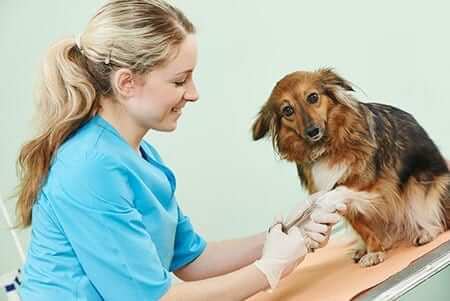
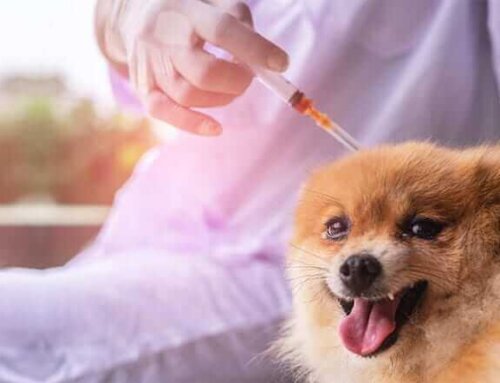

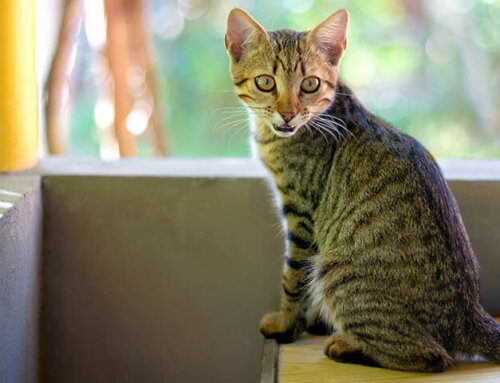


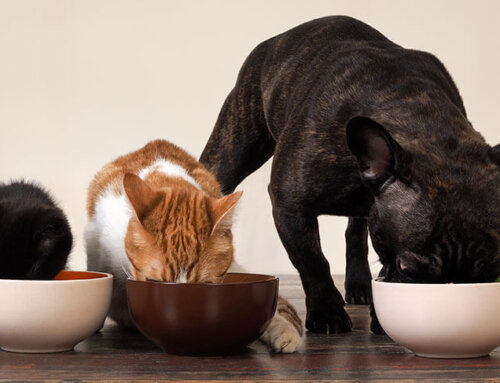
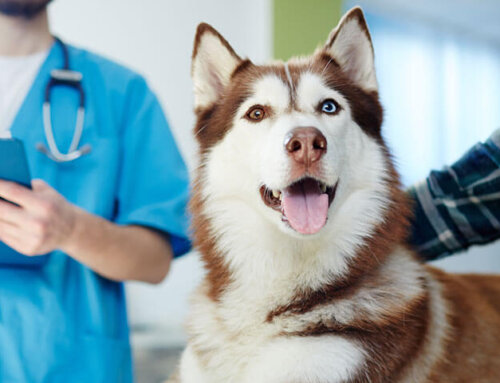


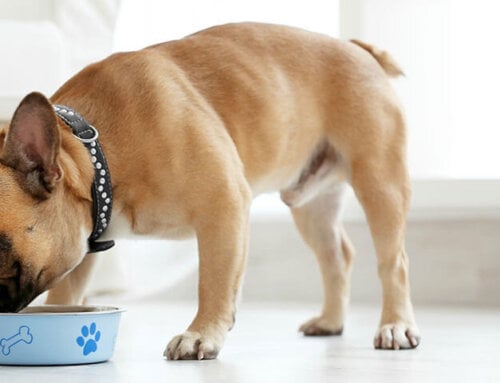


Leave A Comment